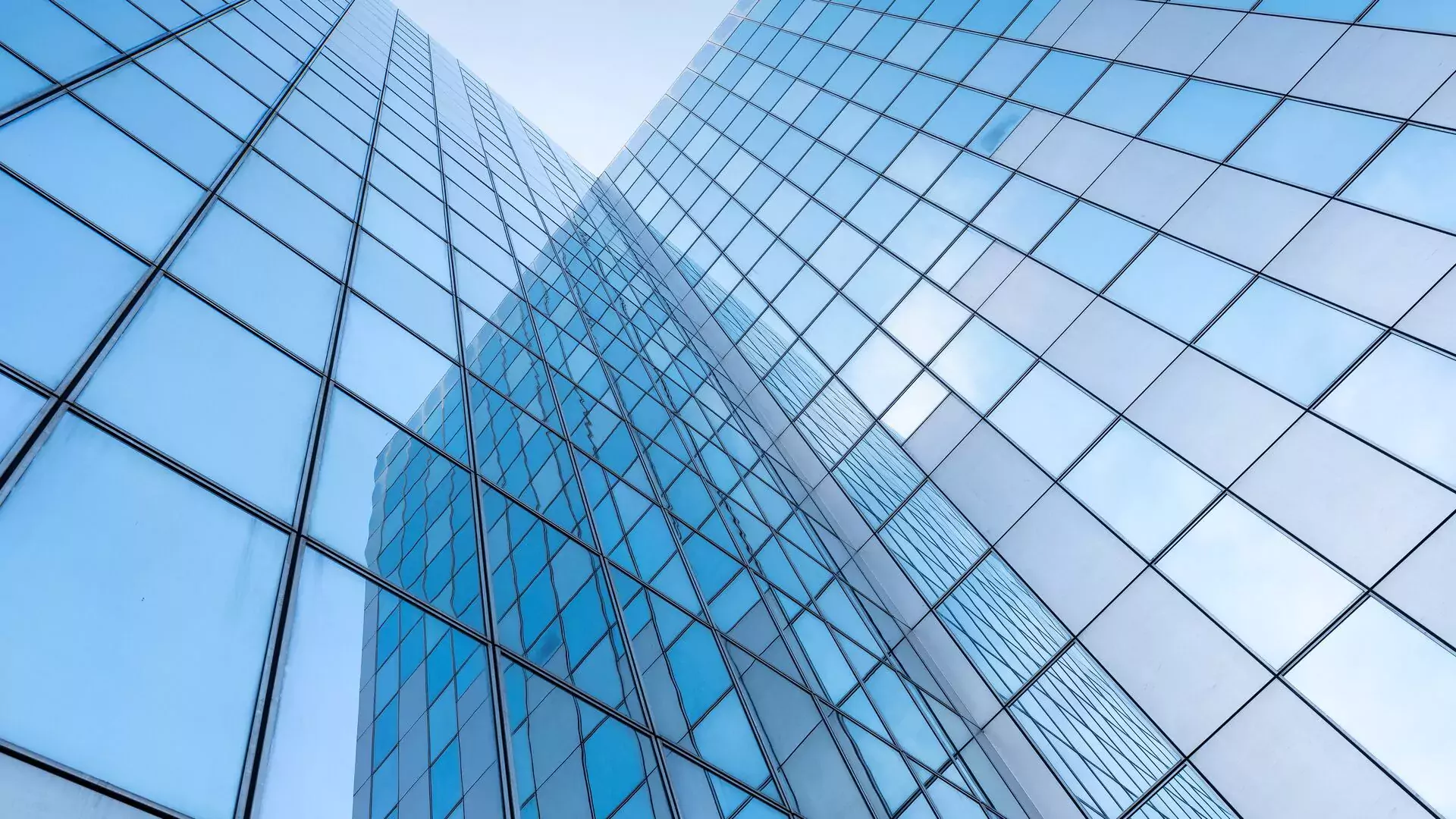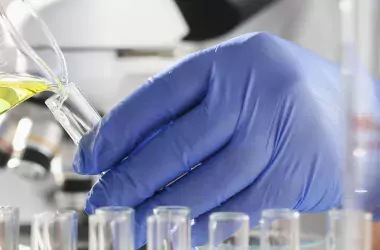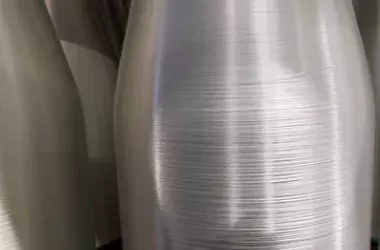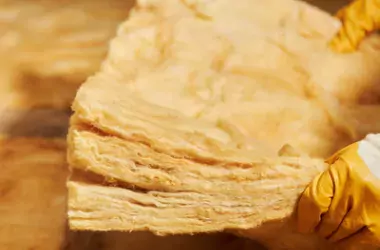glass
Glass applications
Glass is an ancient and at the same time modern material. It is very diverse in terms of applications in both everyday life and in high-tech products.
Flat glass and container glass are produced mainly as so-called soda lime glass from silica sand, soda and limestone and/or dolomite. The oxides from these raw materials are responsible for the chemical and physical properties as well as for the glass melting process.
Glass is 100% recyclable. Alongside the primary raw materials, processed pieces of recovered glass (cullet) also play an important role in glass production.

Flat glass
Nowadays, flat glass is mostly produced using the float glass process where the glass melt is poured onto a large shallow bath of molten tin. This produces a very high-quality flat glass that is used for a wide range of applications in the construction and automotive industries.
Colourless/low-iron plate glass is used among other things to produce solar modules and generate solar electricity. Flat glass is an important design material in modern architecture.

Container glass
The use of glass is essential in food containers, drink bottles and containers for pharmaceutical and cosmetic products. It is gas-tight, inert, and tasteless, thus offering ideal conditions for such containers. The individual shape and colouring of glass containers offer additional advantages in terms of marketing.

Continuous glass fibre filaments
Textile glass fibres are mainly used for producing glass fibre-reinforced plastics (GRP). These plastics are used in various industries ranging from transport (automotive, aircraft construction, shipbuilding) to wind power, electronics, and sports equipment.
The production of E-glass and ECR (E-Glass Chemical Resistant) glass for continuous glass fibres requires very fine and high-quality raw materials. Fine-milled limestone and dolomite products as well as fine white lime and dolomite lime are used.

Glass fibres for insulation
Glass, mineral and stone wool have been widely used for over 60 years as a material for insulating against heat, cold and noise. Mineral wool is made from natural and local raw materials such as silica sand or basalt and the environmentally-friendly use of recycled glass. It is the preferred insulating material in construction and industry.
The glass or stone wool fibres are produced by blowing compressed air through a stream of glass or in a spinning process. Adding limestone and dolomite products to the mix serves to adjust and influence the desired properties of the melt and fibres. Depending on the composition, lime and dolomite products act as fluxing and stabilizing agents for the glass.

Technical glass
The field of technical glass encompasses products such as glass for TV screens and computer monitors, lighting glass (tubes and bulbs), optical glass, laboratory and technical glassware, borosilicate glass and ceramic glass (hotplates and high-temperature domestic applications), and glass for the electronics industry (LCD panels).
CaO and MgO play a small but important role as other glass-forming oxides are generally used (boron, aluminium,...). Our high-quality and homogeneous limestone and dolomite products can be used to produce the highest quality technical glass (for smart phones, TVs, tablets,...).